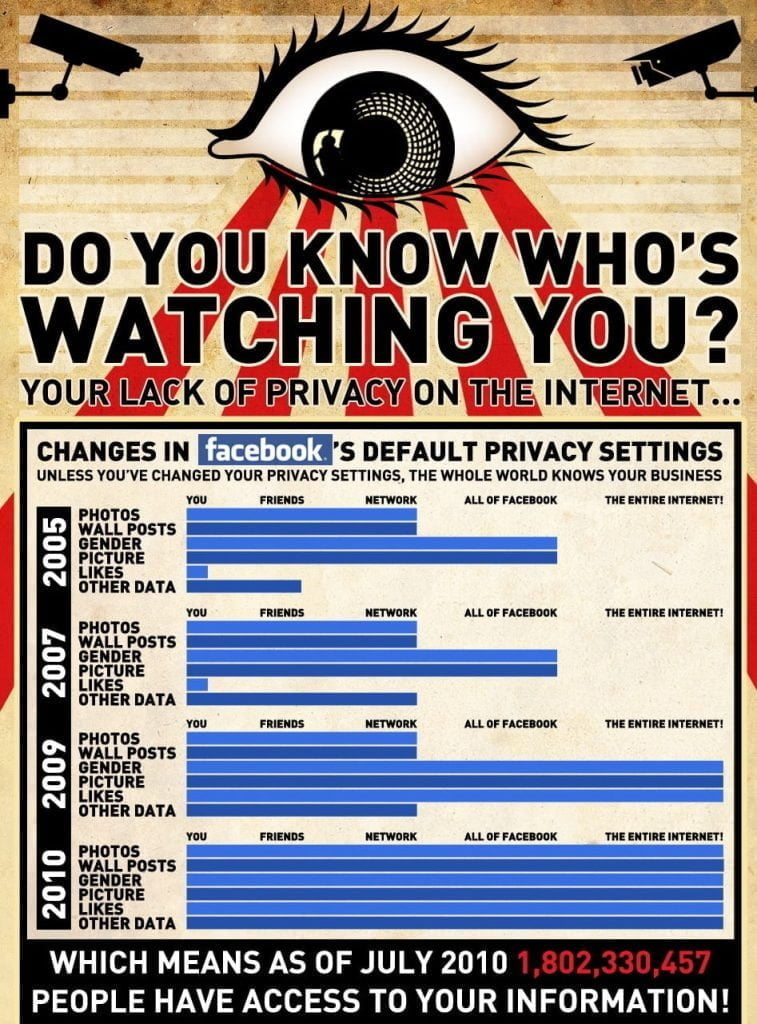The state of Illinois has officially made it illegal for employers to ask for social media passwords, and/or access to social media accounts in the form of friend requests. Firms go to great lengths to monitor employees and while a lot of people are breathing easy, in Illinois at least, employers still have a plethora of tricks up their sleeves when it comes to poking their nose in their potential/existing employees’ business.
Terrible trends
Of late employers have been taking advantage of the employment situation to go ahead and do as they please. Things that people previously thought would only be shared with friends or with restrictive settings their families are now expected to become part of an odd investigation by employers which could result in a person getting the job or getting the boot. And it isn’t that uncommon anymore for someone to expect access to your Facebook login and password just so they can hire you.
This odd invasive practice may be coming to an end in one state (hopefully more states will soon follow suit) but the problem is far from over. The worst part is that people often don’t have the option of refusing their employers because they really need the jobs. That weird party you went to last summer could result in your losing a chance at earning a living. And in the past, there have been cases where people who refused to fork over passwords and login details were often just dropped from the hiring process altogether.
Trouble’s not over
Firms are increasingly fitting their official computer systems and devices with computer monitoring software to monitor employees at will. Even if you get the job it doesn’t mean your employer will stop there. Legislation prevents employers from asking for your personal information during the hiring process, and that too is only in Illinois. There’s no saying what spyware will be a part of your work environment once you join the new firm. There are firms that make computer monitoring software a part of their official policy, but many monitor their staffers without any notification or warning.
If you’re on a company-owned system there’s a high likelihood that they can tap into your personal chats on MSN messenger/yahoo messenger/Skype, read your personal emails (if you’re logging into personal accounts), check every inch of your browser history, etc. It’s up to the company what they decide to do with their information, but just like you don’t like the idea of someone going through your underwear drawer, you wouldn’t want anyone to go through any of your private information either.
The BYOD problem
Corporate culture promotes BYOD because it helps them cut costs and gives the workers the liberty to take their work home with them. The problem is that there are firms out there that go above and beyond the normal realms of monitoring and fit their employees’ devices with computer monitoring software – which is entirely illegal. Some software will go as far as reporting your location by tracking you through the internet connection on your laptop or the GPS on your phone.
Your personal systems wouldn’t just include work files, they would include a whole host of personal data including videos and pictures. So your last vacation with the wife and kids could end up at your boss’s system for no reason other than the fact that he was willing to pry the data out of your hands. And sure logically you could sue your firm, but would you rather be out of a job or fight for a few pictures?
Privacy and security laws are slowly changing in favor of employees but they haven’t changed nearly enough for them to have a real impact on employer policies.
Author Bio:
Natalia David is a tech writer. She blogs for mobistealth and has written a lot of articles on PC and cell phone monitoring and other monitoring activities. She can be contacted @NataliaDavid4


